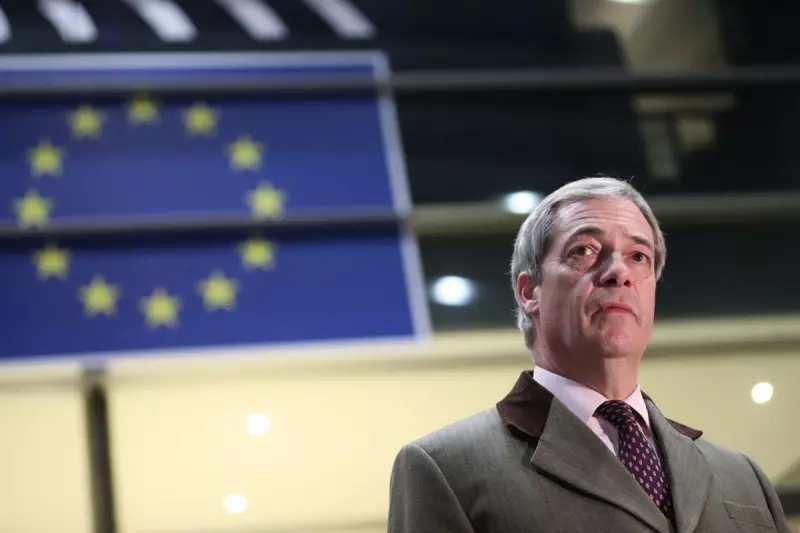
In a remarkable political turnaround that would have been unthinkable just years ago, key architects of Britain's departure from the European Union are now quietly advocating for reconnection with the bloc as the economic and social costs become increasingly undeniable.
The Great Brexit Reversal
What began as a triumphant political victory for Brexit campaigners has evolved into a sobering reality check. Prominent figures who once championed separation are now acknowledging the damaging consequences of severed ties with Britain's largest trading partner.
Economic Reality Bites
The numbers tell a stark story: UK businesses face unprecedented trade barriers, supply chain disruptions have become routine, and economic growth has lagged behind comparable European nations. The promised Brexit dividends have failed to materialise, replaced instead by bureaucratic nightmares and diminished global influence.
Public Sentiment Shifts Dramatically
Recent polling reveals a significant majority of Britons now believe Brexit was a mistake. This represents a dramatic reversal from the 2016 referendum result and reflects the lived experience of citizens and businesses grappling with the practical consequences of separation.
The Quiet Campaign for Reconnection
Behind the scenes, an unlikely coalition is forming. Former Brexit supporters, business leaders, and even some Conservative MPs are exploring pathways to rebuild bridges with Europe. While full membership may remain distant, closer alignment through customs agreements and regulatory harmonisation is gaining traction.
What Comes Next?
The political landscape has shifted fundamentally. With a general election approaching, all major parties face pressure to address the Brexit question anew. The conversation is no longer about whether Brexit has caused damage, but about how much damage and what can be done to repair it.
The great British Brexit experiment appears to be entering its most consequential phase yet, as reality forces a reassessment of one of the most significant political decisions in modern British history.





